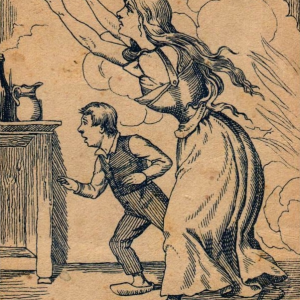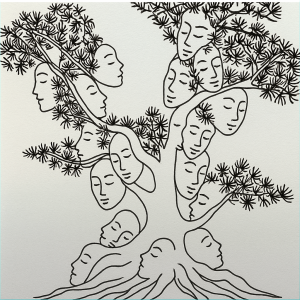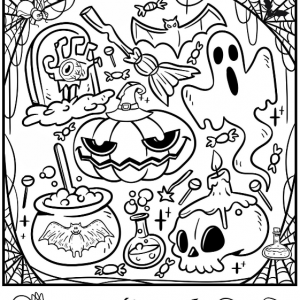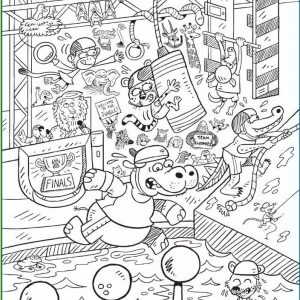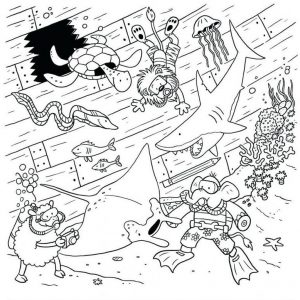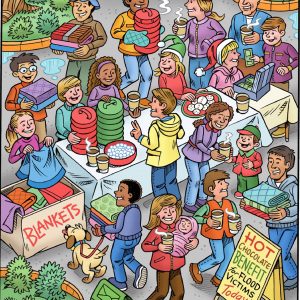Beach Cleanup Adventure: Uncovering Hidden Treasures While Saving the Shore
A Picture Worth a Thousand Bottles
Ever stumbled across an image that tells a deeper story the more you look at it? That’s exactly what we see in this vibrant beach scene. At first glance, it looks like a fun day out—but take a closer look, and you’ll discover a powerful message about teamwork, environmental care, and yes… a hidden object puzzle just waiting to be solved.
Let’s dive into the playful chaos of this shoreline cleanup, where three enthusiastic kids are turning their beach day into an eco-friendly mission—and where your eyes will be challenged to spot more than just seashells.
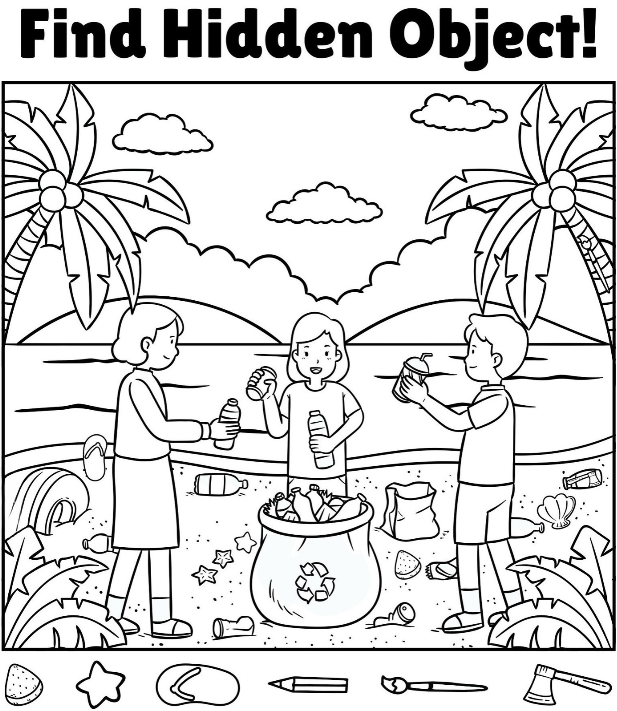
The Scene Unfolds: Kids Taking Action to Clean the Beach
This isn’t your typical beach outing. Instead of building sandcastles or splashing in the surf, the children in this picture are on a mission: rescue the beach from pollution. With a large recycling bag at the center, they’re busy collecting bottles, cans, and wrappers. But this cleanup effort doubles as an engaging hidden object puzzle.
Look closely, and you’ll notice dozens of items sneakily tucked into the sand, bushes, and waves. From discarded juice boxes to half-buried soda bottles, this scene invites you to search for every piece of litter camouflaged in the environment.
Why Hidden Object Puzzles Like This Work So Well
So why are scenes like this so engaging? Because they mix fun with purpose. These kinds of puzzles activate more than just your eyes—they ignite your brain. Here’s how:
Boosts Observation Skills Instantly
You might think you’re observant… until you miss the plastic bottle hiding behind a palm leaf. Hidden object puzzles train your brain to notice tiny, easily overlooked details. In real life, that translates to better focus, sharper memory, and even a stronger sense of awareness.

Turns Problem-Solving Into a Game
Each item you find is like a mini-win. But what about the ones that seem invisible? That’s where your brain kicks into gear, scanning patterns, identifying shapes, and asking, “What doesn’t belong here?” It’s critical thinking disguised as entertainment.
Blends Fun with Real-World Impact
This scene isn’t just a drawing—it’s a gentle nudge toward environmental consciousness. As you search for plastic cups and lost chip bags, the message is clear: our planet needs us. Even kids can make a big difference, one bottle at a time.
Let the Search Begin: What to Spot in This Picture
Ready to test your eagle eyes? Let’s break down some of the hidden gems (and junk) you’ll find in this eco-adventure.

The Big Recycling Bag
Smack in the middle, this bag overflows with bottles, cans, and paper. But the real challenge? Spotting the pieces that didn’t make it into the bag yet. Some are nearby, some are slyly scattered across the sand. Keep your eyes peeled for plastic with clever camouflage.
Beach Debris Hidden in Plain Sight
Look at the lower corners of the scene. Notice anything odd among the leaves? Perhaps a can hiding behind a bush or a bottle disguised as part of the plant life? This is where the real fun begins—decoding clutter as part of the scenery.
Shells, Sea Creatures… or Litter?
Not everything on the beach is what it seems. A starfish might actually be a sticker. A rock might be a crumpled paper cup. These puzzles thrive on visual trickery, challenging you to question what belongs—and what doesn’t.
Toys or Trash?
That striped beach ball might look like harmless fun, but is there a wrapper hidden beside it? In puzzles like this, even innocent objects serve as distractions. Focus and curiosity are your best tools.

Make the Most of Your Search: How to Find Hidden Objects Like a Pro
Feeling stuck? Don’t worry—we’ve all been there. Here’s how to sharpen your puzzle-solving instincts and uncover even the sneakiest items in the scene:
Scan from the Outside In
Many people jump straight to the middle, but pro puzzlers know the edges hold secrets. Work your way inward—corners, borders, behind-the-scenes areas—that’s where artists love to hide their tricks.
Look for Repetition or Oddities
Sometimes it’s not what fits—it’s what doesn’t. A lone item, a shape that feels out of place, or something that breaks the visual rhythm is likely a hidden object. Follow your instinct when something “feels off.”
Zoom in Mentally
You don’t need a magnifying glass—just a focused eye. Pause, take a breath, and look closer. Details are everything. A bottle cap might be mistaken for a shell if you rush. Take your time—it’s worth it.
Take a Break, Then Return
If your brain feels foggy, that’s your cue. Step away for a minute, then return. It’s amazing how fresh eyes can suddenly reveal what you missed earlier.

Bigger Message Behind the Play: Teaching Kids (and Adults) About Eco-Consciousness
While this puzzle is fun, it’s also powerful. Why? Because it teaches through experience.
For Kids: Learning Through Play
This scene can spark conversations about:
- The importance of recycling.
- Why littering harms marine life.
- How small acts can lead to big change.
By turning environmental education into a game, you help children connect action with purpose.
For Adults: Gentle Reminders with Impact
We all get busy. But puzzles like this are great reminders to do our part, even in simple ways:
- Bring reusable water bottles.
- Pick up litter during walks.
- Teach eco-awareness at home.
Sometimes, a single image is enough to change perspective.
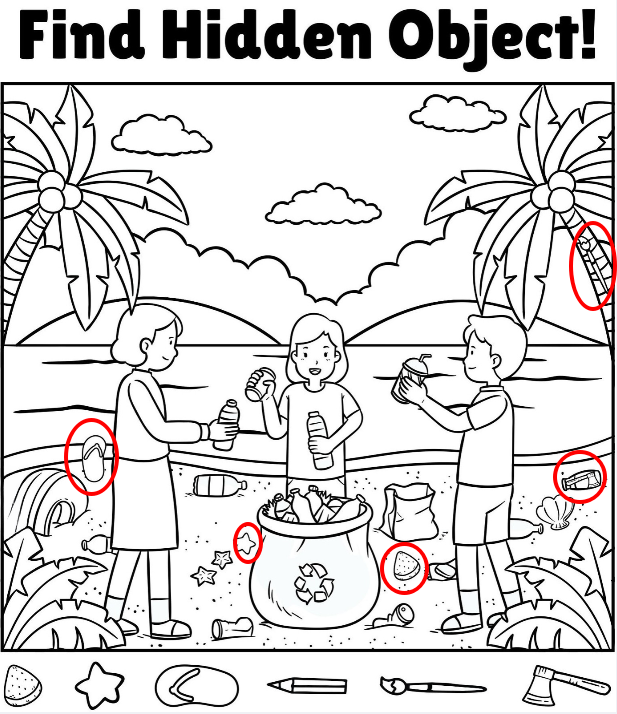
Conclusion: Clean Beaches, Sharp Minds, and Hidden Joys
This beach cleanup scene is more than a playful activity—it’s a visual celebration of awareness, action, and attention to detail. Whether you’re searching for plastic bottles or reflecting on your environmental footprint, you’re engaging both your mind and your heart.
So next time you see a child picking up a soda can or pointing out litter in a park, remember: the real hidden treasure might not be in the sand—it might be the future they’re helping to protect.
Now grab your virtual magnifying glass, zoom in on the details, and enjoy the journey. The beach is calling—and so are the hidden surprises waiting to be found.
